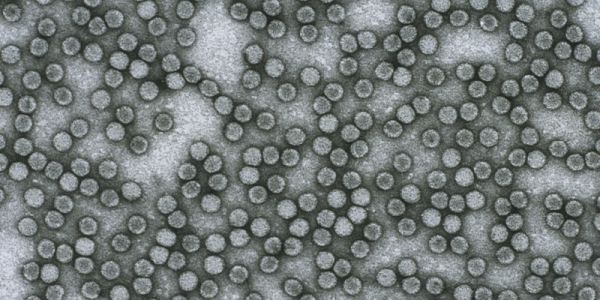
Children’s packed lunches lack nutritional quality
Fewer than two in every 100 packed lunches eaten by children in English primary schools meet nutritional standards, according to a major survey.

Fewer than two in every 100 packed lunches eaten by children in English primary schools meet nutritional standards, according to a major survey.

A new centre will enable 50 fully-funded PhD researchers to harness satellite data to tackle global environmental challenges.

The deaf community risks being excluded from aspects of modern science because the number of new advances is outpacing the development of sign language to explain them, a leading researcher says.

Challenging artists and scientists to collaborate on new approaches to the creative process, the £15,000 DARE Art Prize is open for applications.

Greenland is losing ice faster than in the 1990s and is tracking the Intergovernmental Panel on Climate Change’s high-end climate scenario.

New research strongly suggests the distinct "oxygenation events" which created Earth’s breathable atmosphere happened spontaneously, rather than as a consequence of biological or tectonic revolutions.

Research which has identified a way of making a safer and cheaper polio vaccine is to be scaled-up – to see if it could be used in commercial vaccine production.

A University of Leeds spin-out company has secured £3.14m to develop a next generation drug that aims to prevent blood clots forming, without the risk of bleeding present in currently available drugs.

Precision nutrition and 24-hour monitoring will enable scientists to provide new insights for the pig industry, as the University of Leeds opens the National Pig Centre today.

According to new research nearly 40 percent of global land plant species can be categorized as very rare, and these species are most at risk of extinction as climate and land use continues to change.